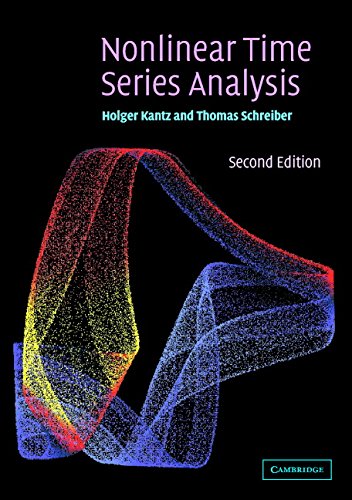
Sinossi
New edition of a successful advanced text on nonlinear time series analysis.
Le informazioni nella sezione "Riassunto" possono far riferimento a edizioni diverse di questo titolo.
Recensione
From reviews of the first edition: '... any serious physics institute should have such a book on its shelves. It will be of use to any experimental scientist dealing with nonlinear data or a theoretical physicist who desires a feeling of 'how one does it in an experiment'. The clear course of presentation should make it accessible to undergraduate students.' Daniel Wojcik, Pageoph
'This book will be of value to any graduate student or researcher who needs to be able to analyse time series data, especially in the fields of physics, chemistry, biology, geophysics, medicine, economics and the social sciences.' Mathematical Reviews
'... a very readable introduction to the concepts and clear descriptions of the techniques, as well as cautions, where appropriate, about potential pitfalls and misuses of the methods. ... the book is a good reference to the current state of the art from the nonlinear dynamics community and is important reading for anyone faced with interpreting irregular time series.' Contemporary Physics
Descrizione del libro
The time variability of many natural and social phenomena is not well described by standard methods of data analysis. Nonlinear time series analysis uses chaos theory and nonlinear dynamics to understand such seemingly unpredictable behaviour. Results are applied to real data from physics, biology, medicine and engineering.
Le informazioni nella sezione "Su questo libro" possono far riferimento a edizioni diverse di questo titolo.

